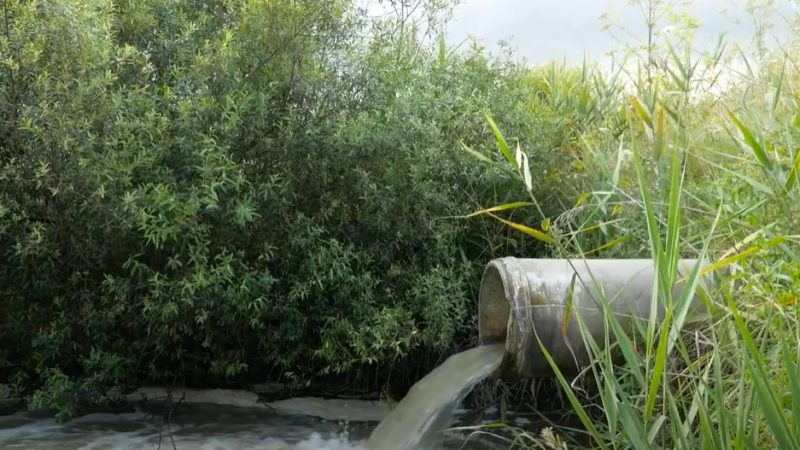'Rather than raise its ambition when it comes to protecting our rivers, the government has left the law unenforced for years and encouraged some actors to pollute our waterways.'

The Office for Environmental Protection (OEP), the government’s own environmental watchdog, has confirmed that the government may have broken environmental law by the watering down of critical regulations on the pollution of rivers in England.
The disclosure was made in response to a legal complaint made by ClientEarth and the Worldwide Fund for Nature (WWF) in November 2022 against the Environmental Agency for its failure to monitor and enforce environmental protections on nitrogen pollution.
The complaint was based on Freedom of Information (FOI) requests submitted by WWF and ClientEarth. The FOIs revealed that between January 2020 to December 2021 the Environment Agency conducted 2,213 inspections of three key agricultural regulations, identifying breaches in almost half of farms. However, only one case was issued with a civil sanction.
According to ClientEarth and WWF, these inspections represented just 2 percent of farms each year, suggesting that the Environment Agency has “little idea of the scale of law breaking taking place and of the damage being currently done to the environment.”
Given the high levels of nitrogen pollution in England, WWF and ClientEarth accused the Environment Agency of “an unlawful abdication of its statutory responsibilities.”
In response to the WWF and ClientEarth’s complaint, the OEP agreed that the Environment Agency had potentially breached environmental law by failing to adequately assess environmental impacts on protected conservation sites before allowing farmers to exceed manure spreading limits. English rivers are particularly at risk of nitrogen-related pollution, with over half the country classified as vulnerable to nitrogen run-off.
The revelation follows the recent publishing of the OEP’s annual progress report, which found that the government is well off-track to meet its long-term water targets. The watchdog has urged the government to ‘speed up and scale up its efforts.’
Following the OEP agreeing with ClientEarth and WWF that the Department for Environment Food and Rural Affairs’ (Defra) guidance on enforcing the Farming Rules for Water may have unlawfully encouraged breaches of the law, the OEP has written to Defra them to amend the guidance well before the existing September 2025 deadline. The OEP has also pledged to actively monitor the Environment Agency’s approach to ensure that it complies with legal requirements.
WWF and ClientEarth say they welcome this decision but are disappointed that the OEP did not ask the Environment Agency to ramp up enforcement against polluters more widely.
Kyle Lischak, Head of UK at ClientEarth, described how the “unabated use of nitrogen fertiliser both degrades the air, water and soil that our food system depends on, and further fuels climate change – and as we’ve seen with this decision, the law is a tool we can use to bring it to an end.”
“Rather than raise its ambition when it comes to protecting our rivers, the government has left the law unenforced for years and encouraged some actors to pollute our waterways while many farmers try to do the right thing when it comes to fertiliser use.
“Thanks to our complaint and the OEP’s decision, the government must revise their guidelines and we hope this will help bring river pollution under control as soon as possible,” Lischak added.
Gabrielle Pickard-Whitehead is a contributing editor to Left Foot Forward
To reach hundreds of thousands of new readers we need to grow our donor base substantially.
That's why in 2024, we are seeking to generate 150 additional regular donors to support Left Foot Forward's work.
We still need another 117 people to donate to hit the target. You can help. Donate today.



